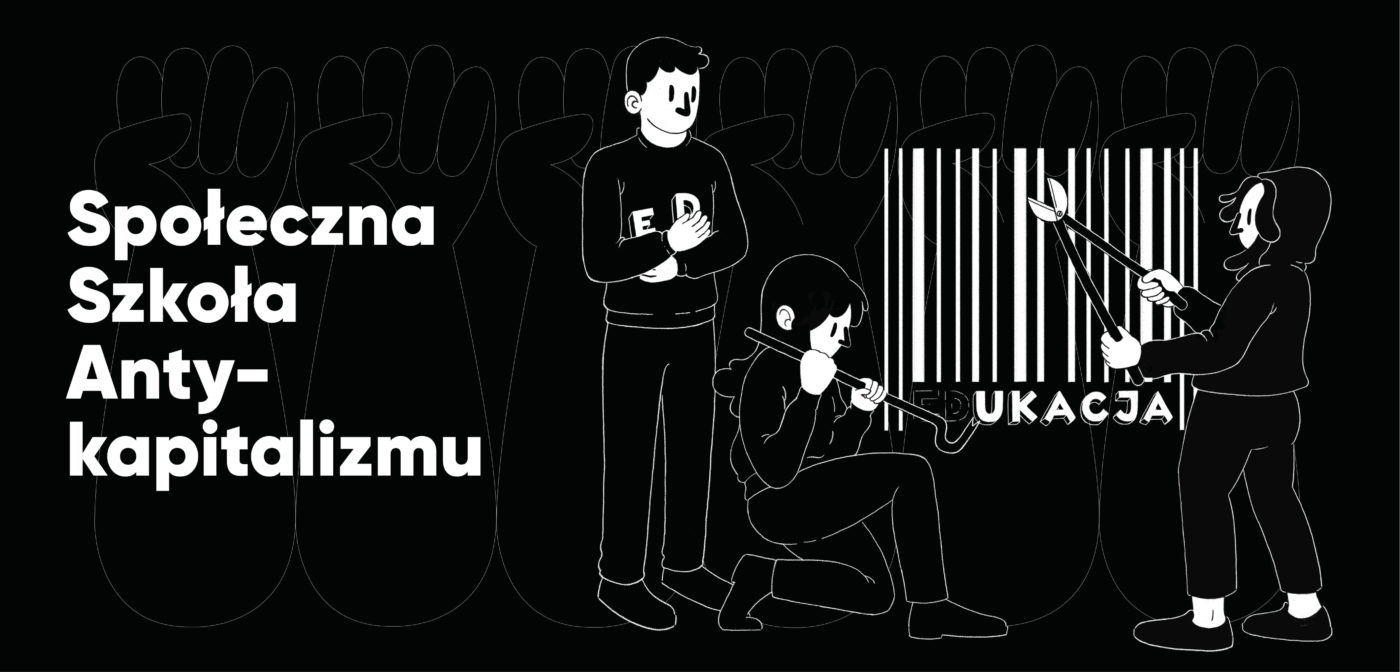Migrations. Capitalism vs. workers’ solidarity
Moderator: Igancy Jóźwiak, guest: Myroslava Keryk

Migrations are not only the result of armed conflicts, but also an integral part of the global capitalist economy. According to the data from the International Organization for Migration (IOM) approx. 270 million people live outside their country of origin, and of this number 70 million are refugees. Rich and developing countries use migration to fill in the gaps on their job markets, profiting from low-paid migrant labour. This makes the group of migrant workers the most vulnerable to exploitation and violation of workers’ rights. At the same time, as a result of fearmongering propaganda, they are subjected to social stigmatisation.
We can observe similar trends with regard to Ukrainians and immigrants from other post-Soviet countries working in Poland. The most common examples of exploitation and violation of workers’ rights include: employment without a contract, ambiguous role of middlemen in the recruitment process (fees for finding jobs, deducting commission from salaries), non-standardized working hours, unpaid trial periods, or a system of short-term work permits which leads to enhancing the precarity of living conditions.
How public institutions and NGOs deal with these problems? What is the role of trade unions and what does internationalism mean today?